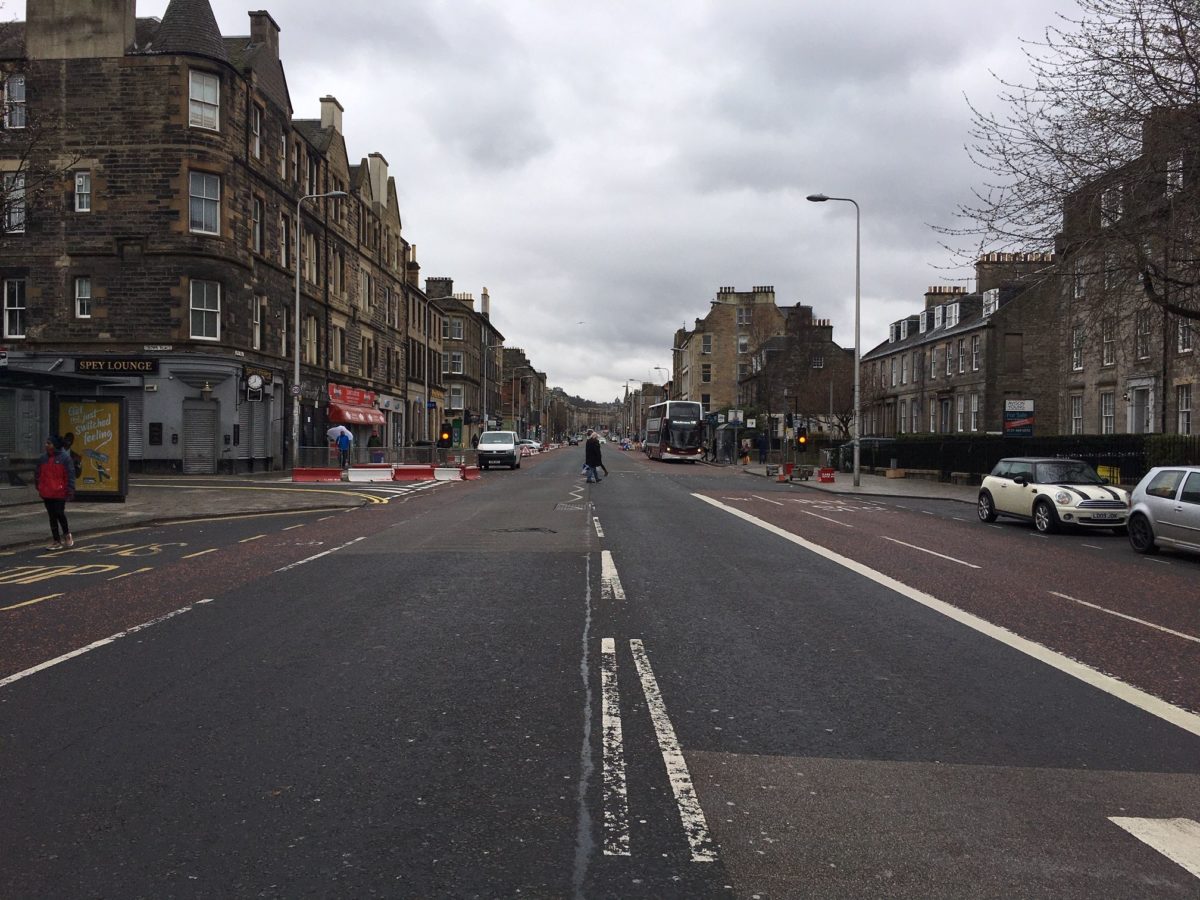
Air pollution reductions from coronavirus have come at a huge social cost
As the UK and many other countries around the world goes into shutdown to limit the spread of the coronavirus, this inevitably means a huge reduction in traffic and, therefore, in air pollution.
Journalists from Glasgow Live are picking up on this news. Meanwhile, an article from Ricardo who analyse pollution readings for Scottish Councils, explores the factor behind changes.
We’re already seeing some of the early impacts, and some of the reductions in pollution are staggering. For sure, this improvement in air quality will have a short-term benefit for people who live in smoggy, high-pollution areas.
But it is important to keep in mind that pollution can damage our health through long-term exposure, like living near a main road throughout your childhood. It’s unlikely that a short period of reduced pollution due to lockdown will have long-term health benefits.
Is there a link between air pollution and coronavirus?
We know that many of the health problems caused or worsened by traffic pollution can leave people more vulnerable to coronavirus. As has been highlighted by the European Public Health Alliance and research into Air pollution and SARS deaths in China, 2003
But these improvements have come at an enormous cost. Plus, when countries emerge from lockdown, unless there are huge changes, we will all go back to the way we were and pollution will rise.
Has air quality improved everywhere?
It’s easy to overestimate how much pollution has dropped by. Yes, we have seen huge traffic reductions, but there are still plenty of vehicles on the road. Our bus network is staying active to transport key workers to their critical jobs in fighting this virus. Our supermarkets are seeing huge demand, meaning a lot of HGV traffic.
In ‘normal’ times, buses and HGVs can account for much of our harmful emissions, as they are big, heavy, often older vehicles. So some of our air pollution hotspots might persist, even in shutdown.
Where can I find air quality data?
On the Scottish Air Quality website, you can download pollution data for any period. For example, you can compare the period of lockdown to the same time period last year. The data is ratified after 3 months, so you need to be a bit careful analysing data less than 3 months old.
Justice and clean air
This crisis is not how we should be improving our air. Any temporary falls in transport emissions because of coronavirus have come at enormous social costs. There was no intention or concerted action to reduce emissions, so these falls won’t be maintained and should not be celebrated. We witnessed a similar fall and rebound of CO2 emissions after the 2008 financial crash.
When this crisis abates, politicians must work with businesses and communities to improve our air quality in a just way.
Watch our recent webinar which looked at how air quality, transport, and our ability to walk and cycle have been affected during this pandemic.
